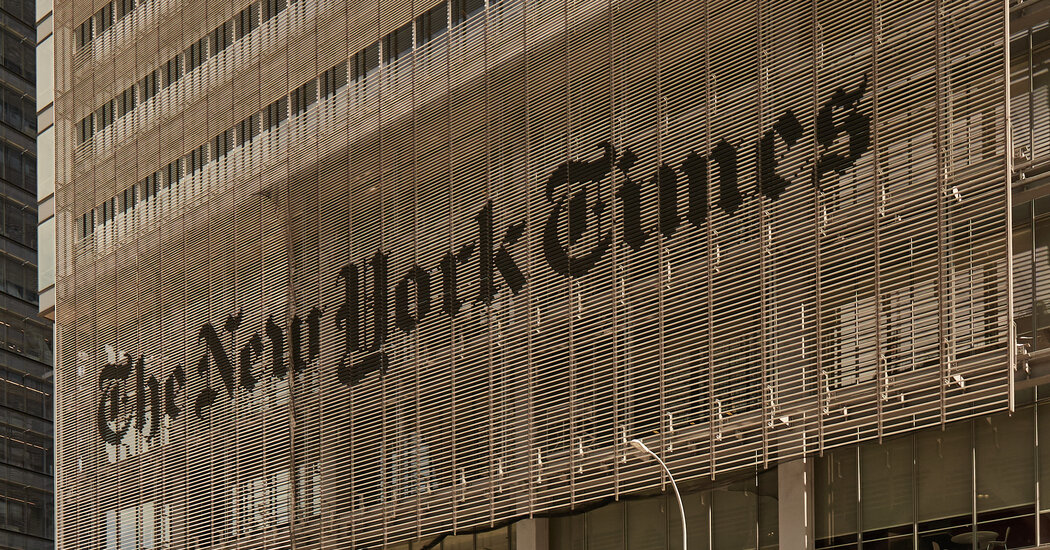
 Technology
Technology 
OpenAI filed a motion in federal court on Monday that seeks to dismiss some key elements of a lawsuit brought by The New York Times Company.
The Times sued OpenAI and its partner Microsoft on Dec. 27, accusing them of infringing on its copyrights by using millions of its articles to train A.I. technologies like the online chatbot ChatGPT. Chatbots now compete with the news outlet as a source of reliable information, the lawsuit said.
In the motion filed in the U.S. District Court for the Southern District of New York, the defendants argue that ChatGPT “is not in any way a substitute for a subscription to The New York Times.”
“In the real world, people do not use ChatGPT or any other OpenAI product for that purpose,” the filing said. “Nor could they. In the ordinary course, one cannot use ChatGPT to serve up Times articles at will.”
OpenAI declined to comment, and the Times Company did not immediately respond to requests for comment.
The motion asked the court to dismiss four claims from The Times’s complaint to narrow the focus of the lawsuit. OpenAI’s lawyers argued that The Times should not be allowed to sue for acts of reproduction that occurred more than three years ago and that the paper’s claim that OpenAI violated the Digital Millennium Copyright Act, an amendment to U.S. copyright law passed in 1998 after the rise of the internet, was not legally sound.
The Times was the first major American media company to sue OpenAI over copyright issues related to its written works. Novelists, computer programmers and other groups have also filed copyright suits against the start-up and other companies that build generative A.I., technologies that generate text, images and other media from short prompts.
Like other A.I. companies, OpenAI built its technology by feeding it enormous amounts of digital data, some of which is likely copyrighted. A.I. companies have claimed that they can legally use such material to train their systems without paying for it because it is public and they are not reproducing the material in its entirety.
In its suit, The Times included examples of OpenAI’s technology reproducing excerpts from its articles almost verbatim. In the motion to dismiss, lawyers for OpenAI accused The Times of paying someone to hack their chatbot. “It took them tens of thousands of attempts to generate the highly anomalous results,” the motion said.
“They were able to do so only by targeting and exploiting a bug (which OpenAI has committed to addressing) by using deceptive prompts that blatantly violate OpenAI’s terms of use,” the filing said.
The filing also argued that it was legal to use copyrighted material in its systems, citing legal precedents that allow for the use of copyrighted content “in the creation of new, different, and innovative products.”
“OpenAI and the other defendants in these lawsuits will ultimately prevail because no one — not even The New York Times — gets to monopolize facts or the rules of language,” the complaint said.
24World Media does not take any responsibility of the information you see on this page. The content this page contains is from independent third-party content provider. If you have any concerns regarding the content, please free to write us here: contact@24worldmedia.com